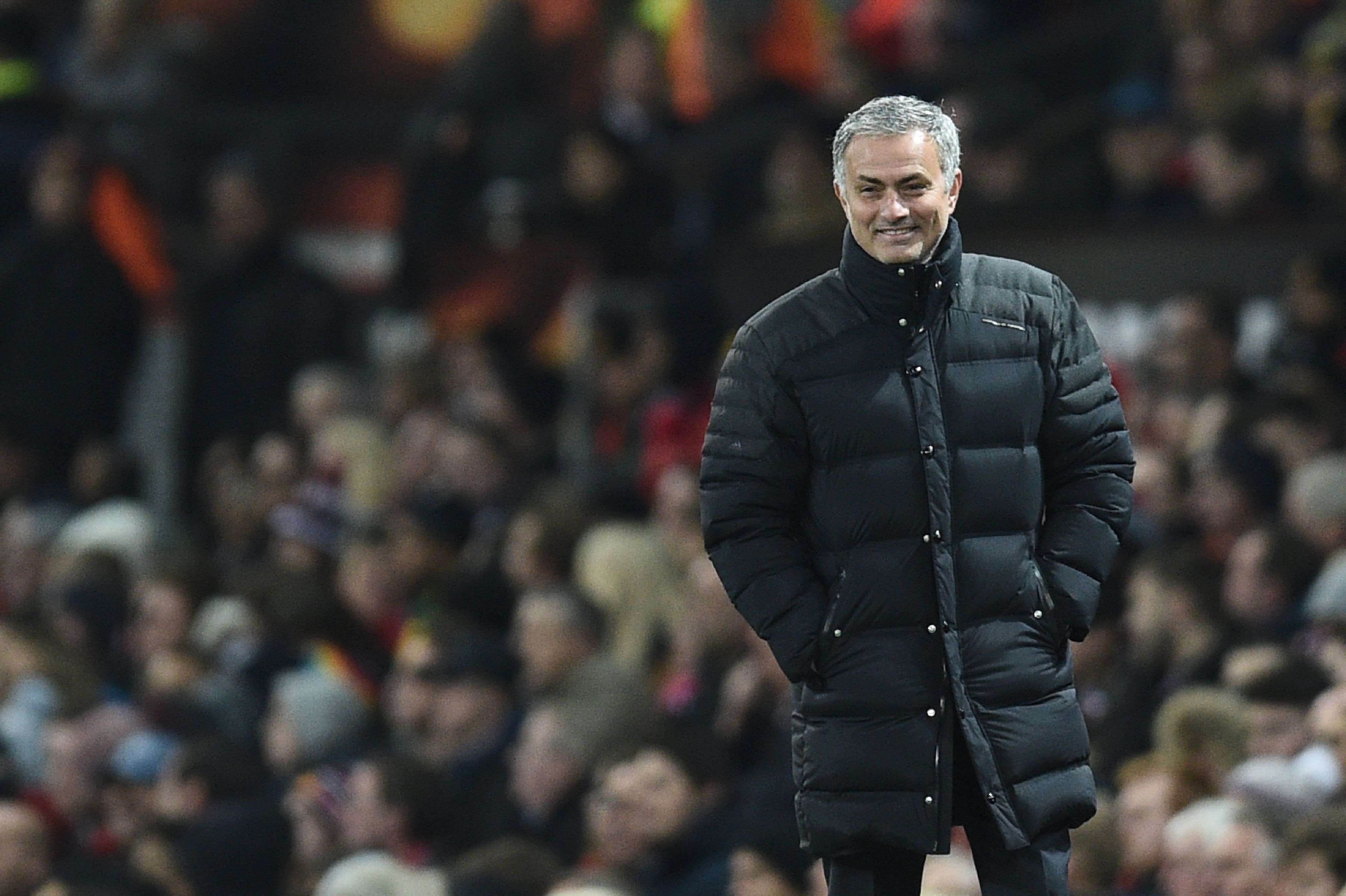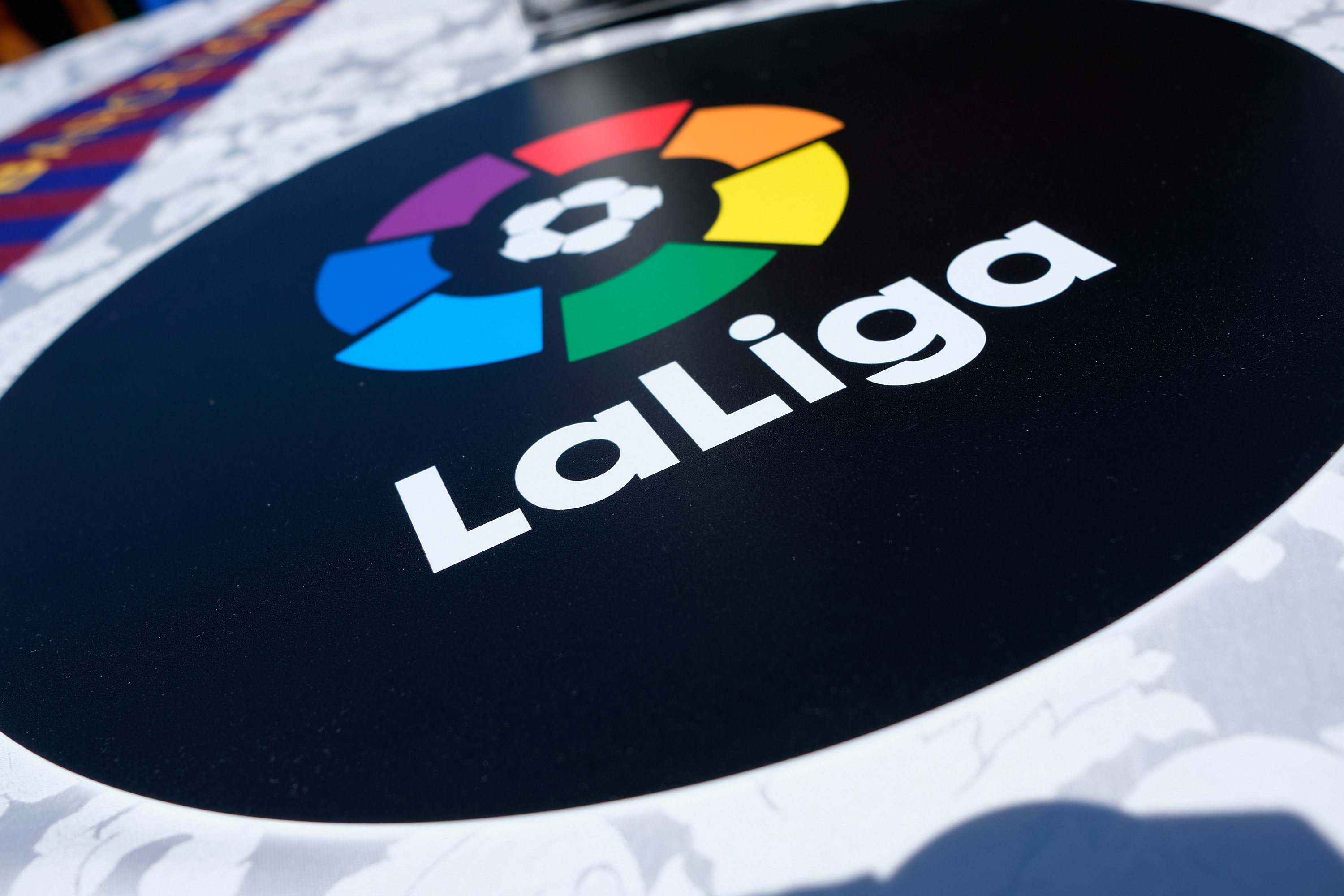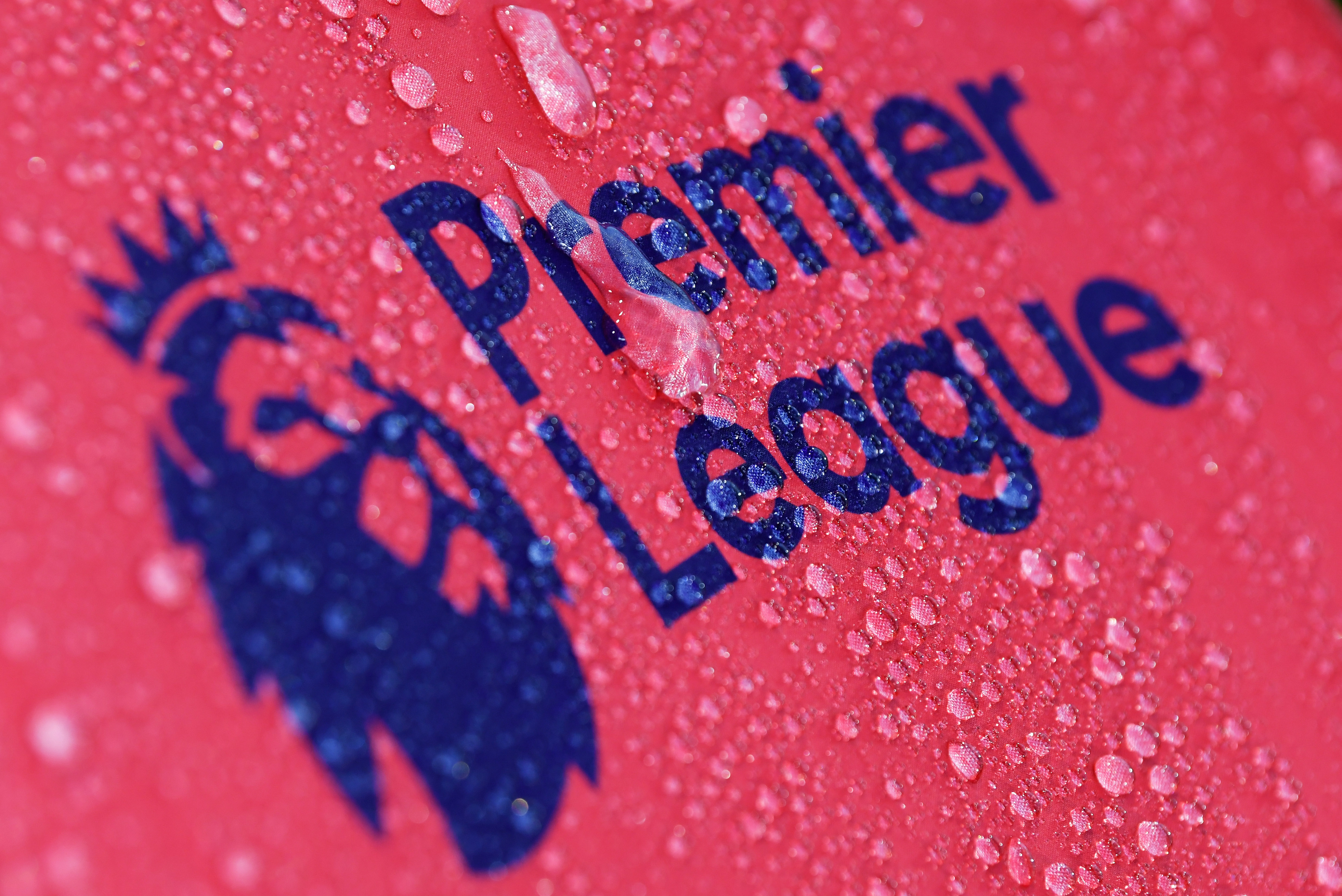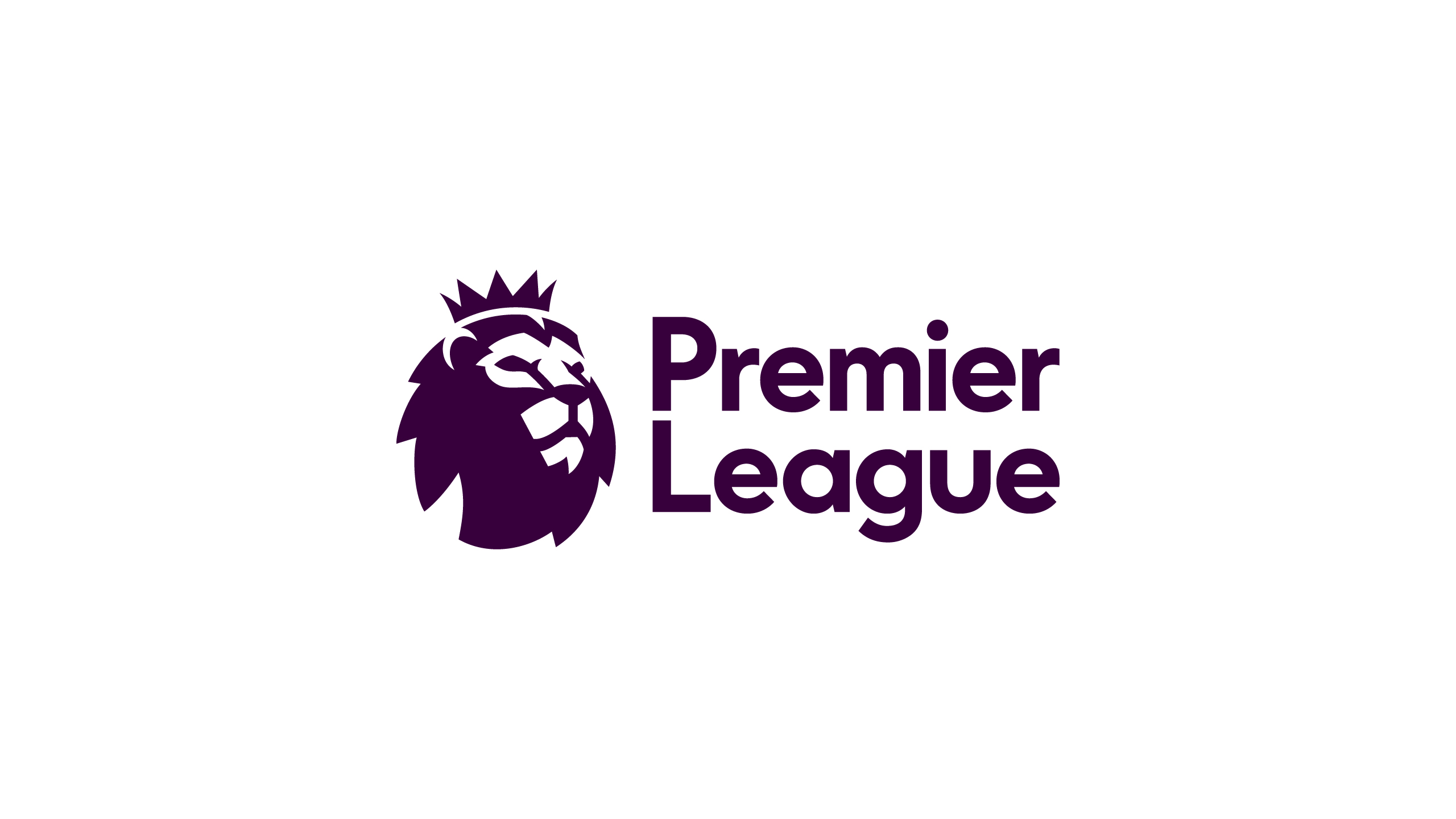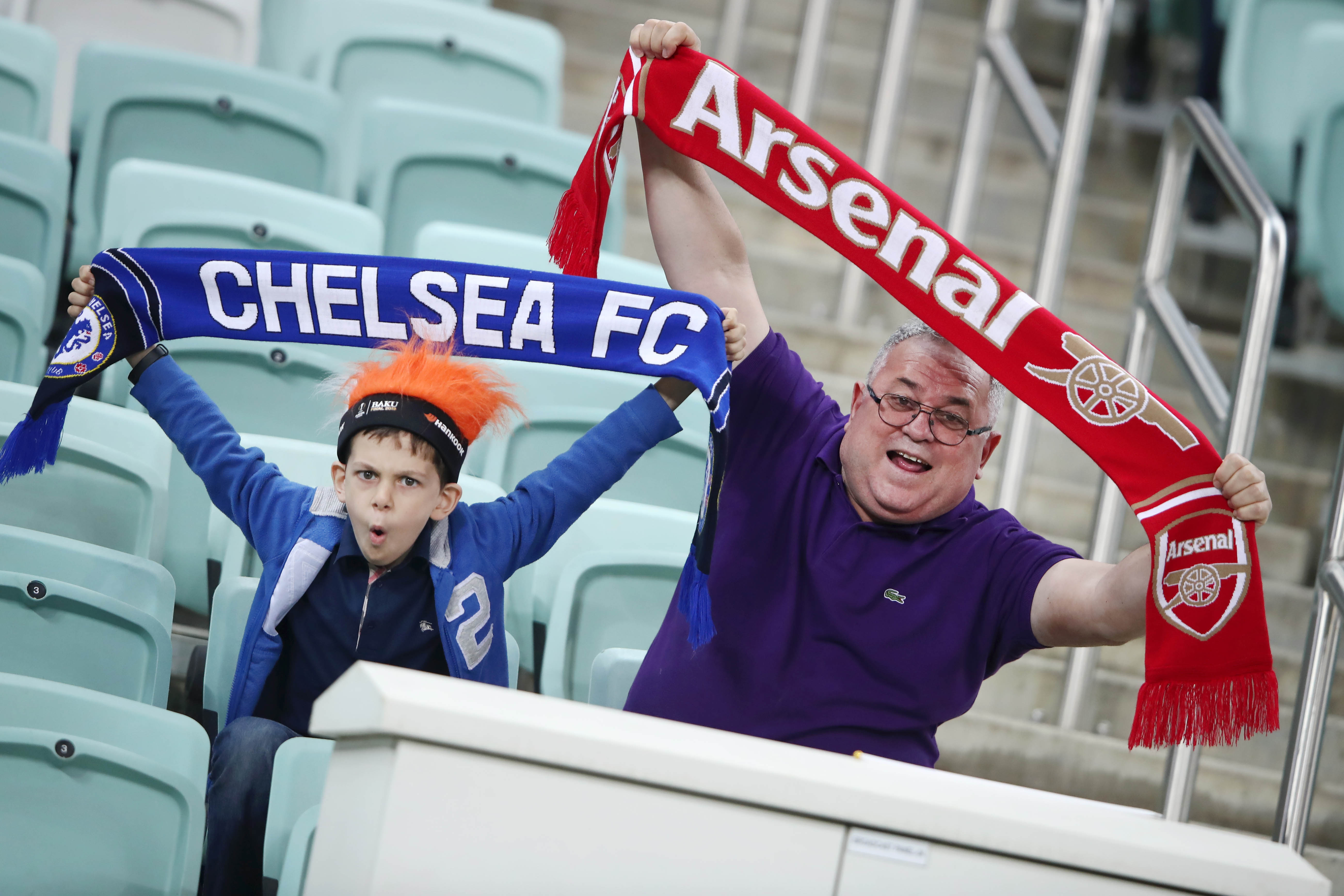The Hard Tackle takes a statistical look at Manchester United’s league form up until now and attempts to find cause for their inability to win.
Jose Mourinho to Manchester United – an appointment that made the world stand up and take notice while the media echoed that the two are a perfect ensemble. A brilliant start to the season and everyone had started raving about Manchester United’s potential return to the their old self.
But, it has all unraveled since. A narrow loss to Manchester City sent United’s form tumbling, and the following matches saw the Red Devils taste defeat against the likes of Feyenoord and Watford. The club has since found it tough to earn wins despite some swashbuckling performances, including draws against Burnley, Arsenal and West Ham, wherein they dominated.
Jose Mourinho himself has been sent to the stands twice and has been reprimanded for his behaviour with a touchline ban once with another looming over him for his outburst during the 1-1 draw against West Ham. United are still in a crisis or so it seems. But, is it the truth? Let us look at it from a closer viewpoint.
(Note: The statistics for different seasons have been extracted from whoscored’s Team Statistics page for the Premier League)
1. The Mourinho vs Van Gaal vs Moyes debate
There have been comparisons doing the round between the two and Jose Mourinho as regards the number of points earned by them in the first 13 matches. While Mourinho puts forward the least in terms of points tally, statistics show that the comparisons are rather premature and, to a very large extent, wrong.
Shoot ‘Em up: There has been a visible improvement in the attacking impetus of the Red Devils. And, the statistics do back that thought. United have posted an average of 16.9 shots per game this season, fourth-most in the league right now, while David Moyes’ short stint had the Red Devils take 13.8 shots per game and Louis Van Gaal’s two seasons had an average of 13.5 and 11.3 shots per game respectively.
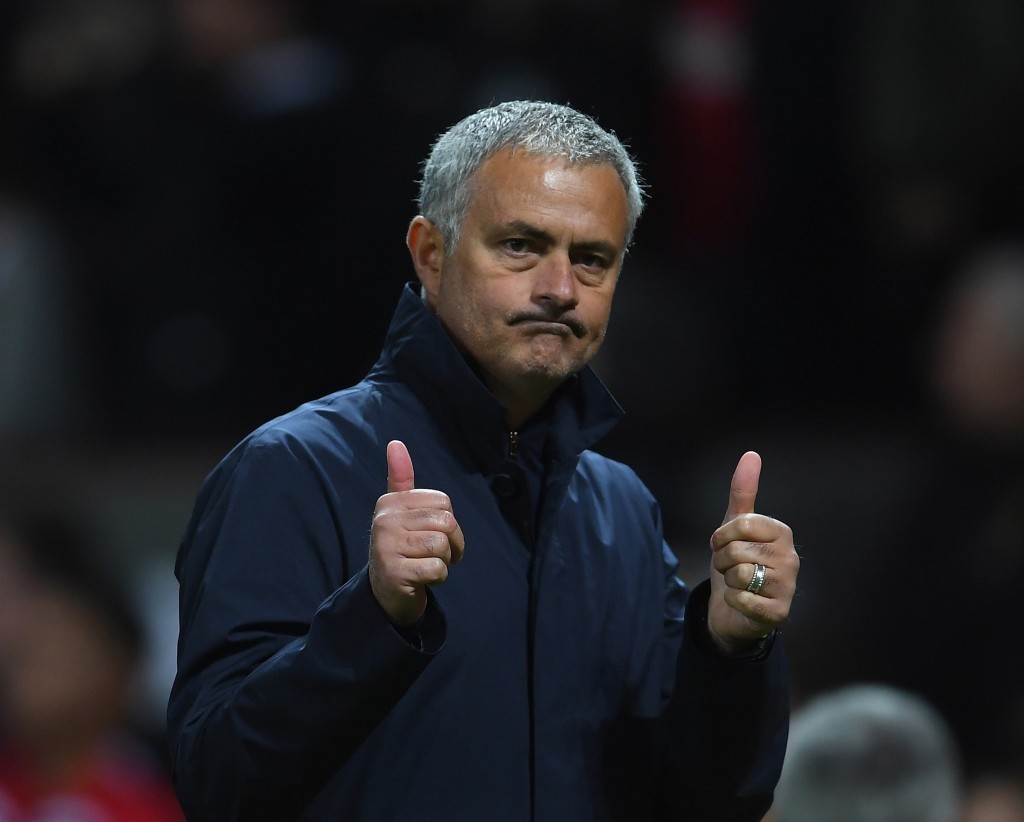
The Long Ball Theatrics: There have been times, this season, that Manchester United have been accused of playing long-ball tactics aimed at Zlatan Ibrahimovic and at times, Marouane Fellaini. But the statistics here show that Mourinho’s reign has seen a gradual move away from the long ball setup.
United have 60 long balls per game under Mourinho whereas Moyes’ reign had the Red Devils attempting 62 and Louis Van Gaal’s seasons had the side post 80 and 71 long balls per game respectively. Even though, the difference between Moyes and Mourinho is not much, Mourinho has a much taller side at his disposal than what the current Sunderland manager had during his reign. And, still, the number of long balls are less than both of the managers.
Passing, Possession and Dominance: Bearing in mind that Jose Mourinho’s playing style is not a possession-based game, United’s numbers under the Portuguese has stumped us. United have had an average possession of 55.1% and passing success of 85.8%, which is the best in the league at the present moment.
Compare it to the pass-master Louis Van Gaal’s regime, where United recorded an average of 58.8 and 55.9% in terms of possession and 85.1 and 82.3% in terms of passing success while Moyes’ regime had United posting 54.4% possession and a passing success of 84%.
Thus, Mourinho has a better record than Moyes and while Van Gaal’s reign had a better possession ratio, the improvement in passing percentage more than makes up for for the gap in possession.
2. A general comparison with other teams in the league
Manchester United stand fourth in the league in terms of shots per game, a tally that is more than the likes of Arsenal, Chelsea and Southampton and marginally less than Tottenham’s 17 and Manchester City’s 17.5. So, creating chances has not been a problem for United this season up until now.
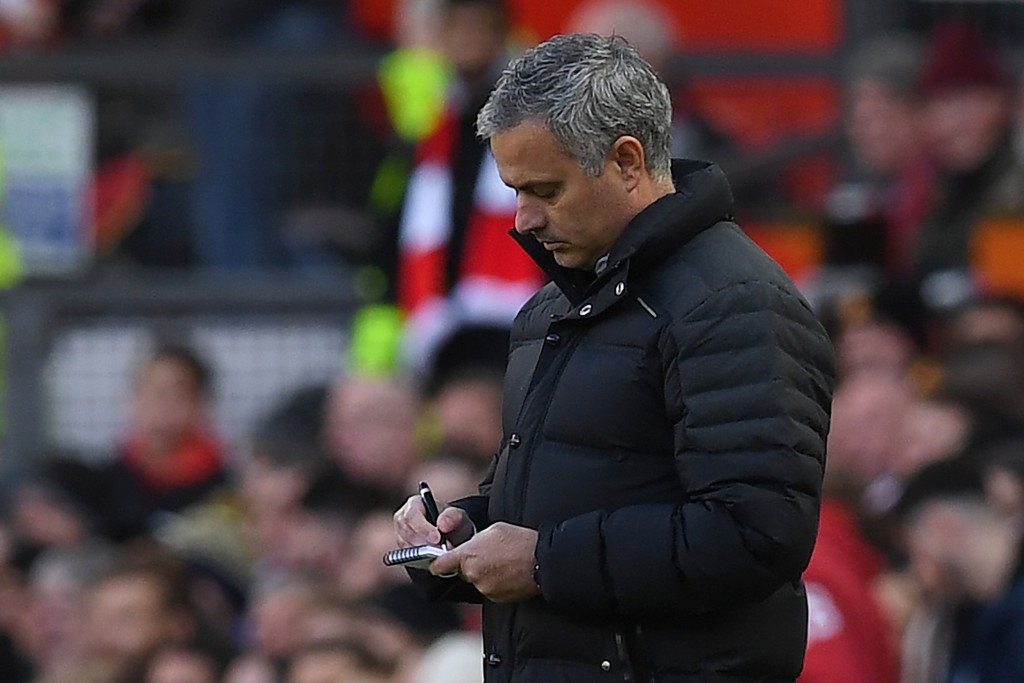
Moving on to the long balls claim, it is interesting to note that Manchester United are third from bottom in the number of long balls per game, a huge contrast to the claims with Manchester City and Arsenal the only two clubs to play fewer hoofs.
What is even more interesting is that Jurgen Klopp, who had indirectly accused Manchester United of playing the long ball, has his Liverpool side play 63 long balls per game, 3 more than Mourinho’s United. Manchester United rank fifth in terms of possession and are convincingly top of the table in terms of passing success.
3. Area(s) Manchester United need to sort
We discussed United’s statistical prowess in terms of shots per game and passing success, which points out that the side does not have a particular problem in the buildup and creating chances. But United have just 13 goals from open play this season, tied 7th in the league.
Finishing: Thus, it is finishing that needs improvement. It is an area that was highlighted by Jesse Lingard over the weekend and judging by the stats, it looks quite evident that, despite the addition of attacking stars like Zlatan, Ibrahimovic, Paul Pogba and Henrikh Mkhitaryan, United are yet to find their finishing boots.
Fouls Conceded: Manchester United have conceded 13.8 fouls per game this season, third-most in the league. United’s vulnerability to concede free-kicks provide the opposition with chances to inflict damage on the Red Devils, despite their dominance on the other side. This is something that United would have to curb down in the long run.
Conclusion:
It is true that Mourinho has posted a poor points tally thus far into his debut season at Manchester United. But if anything, it may be down to the change in dynamics at the club in terms of squad and managerial demands. Statistics prove Mourinho’s United are better than the previous managers after Sir Alex Ferguson and are matching up to the best standards of the league at the present moment.
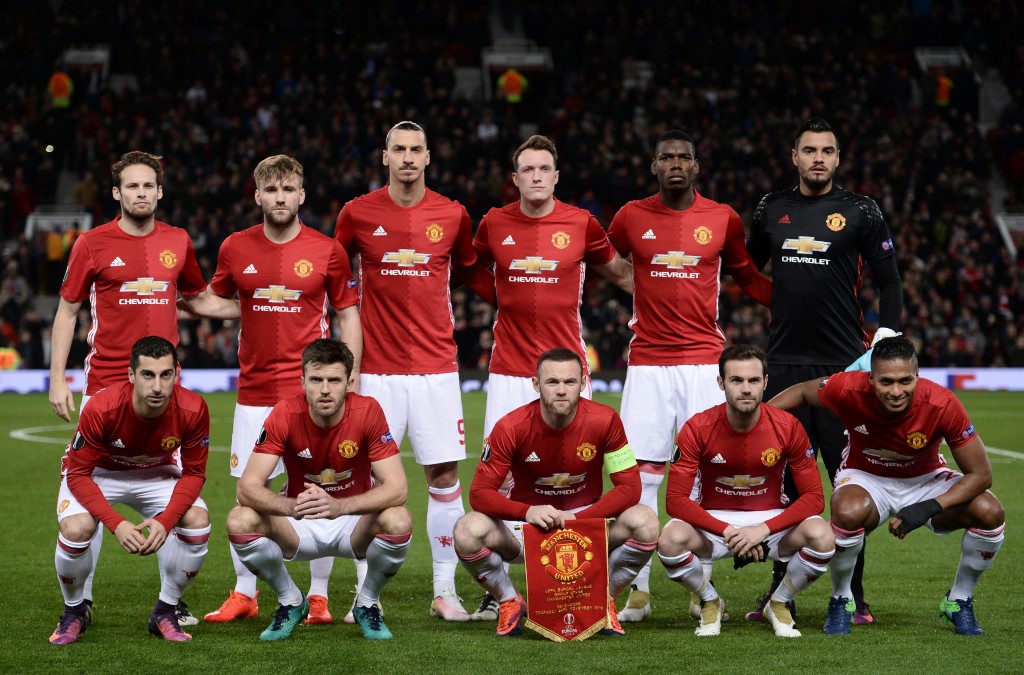
If the statistics are anything to go by, it won’t be long before Manchester United are able to sort things out. As their Spanish midfielder Ander Herrera mentioned, United are already doing the toughest job possible i.e. creating chances. It would be better for the league and the neutral followers of the Premier League along with the Red Devils faithful, will be celebrating if and when Manchester United find their old form.
And stats suggest, they are closer than ever.
